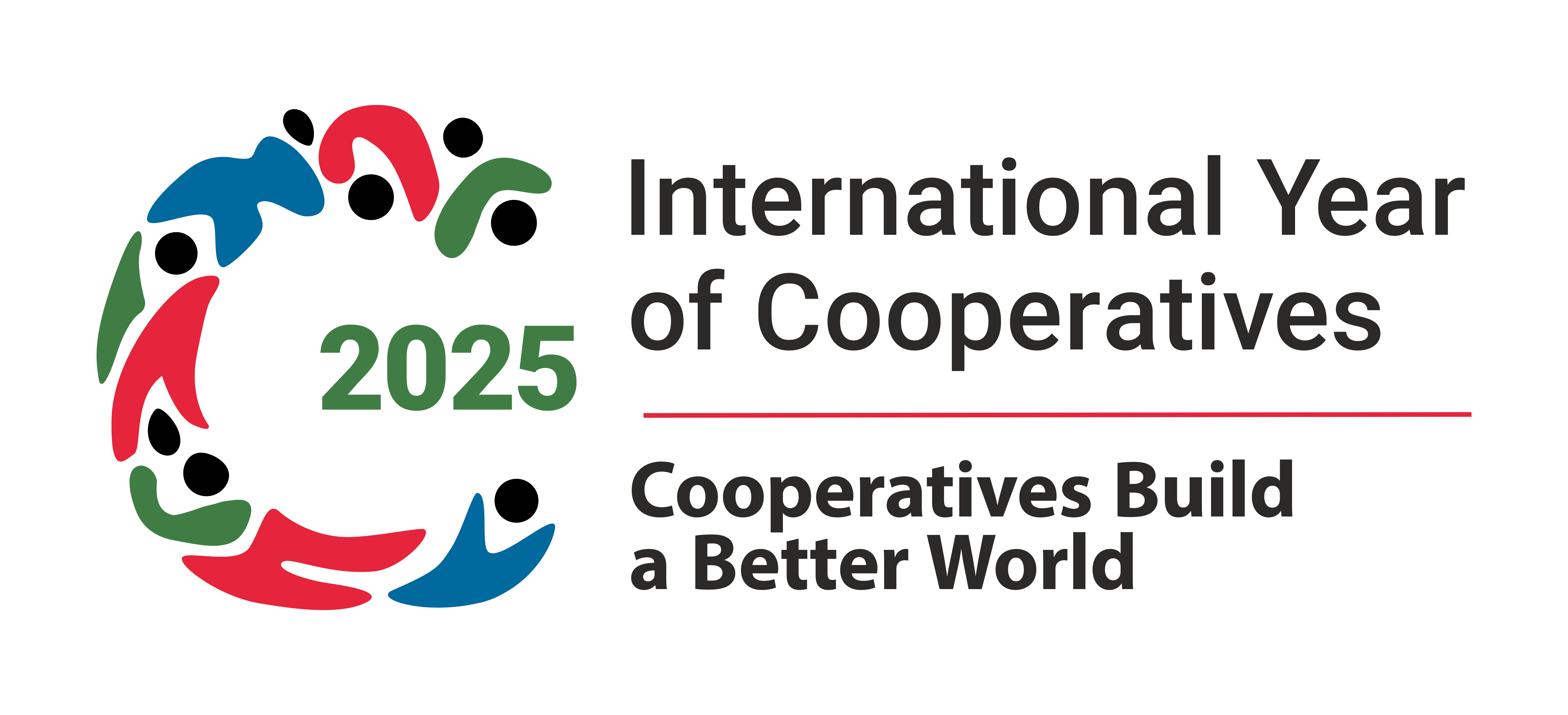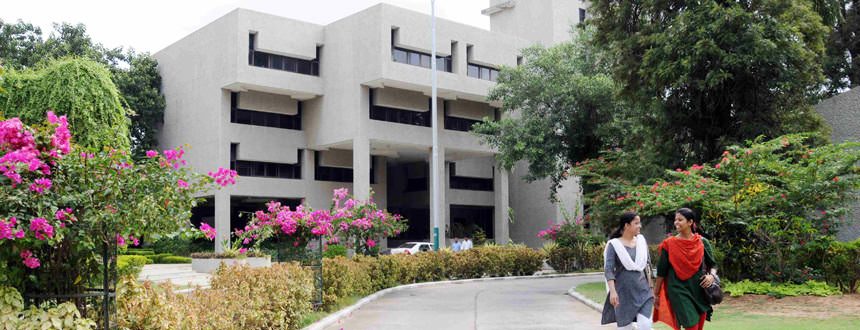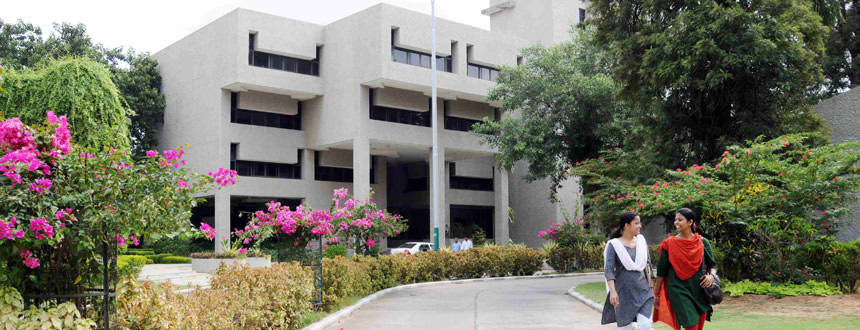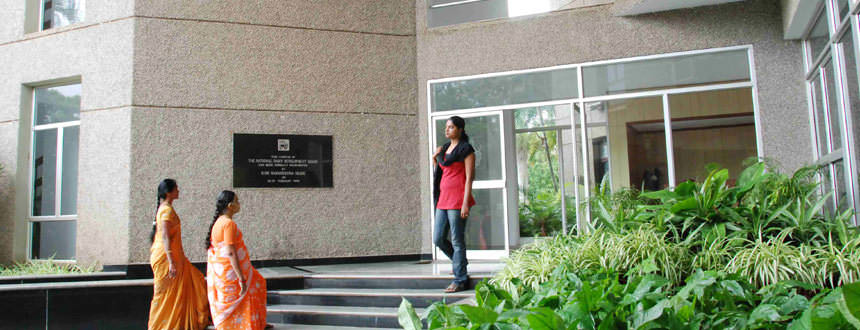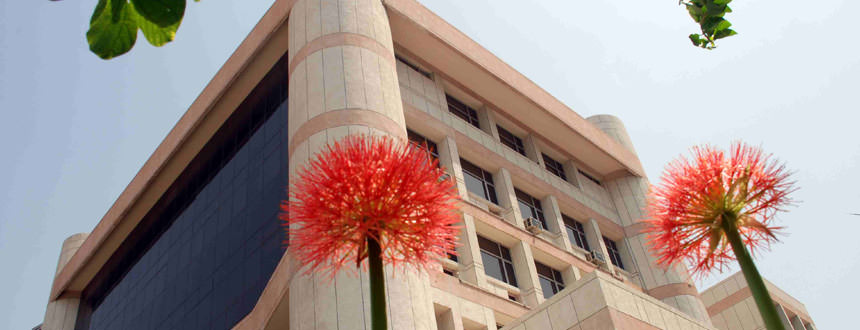Address by Dr Meenesh Shah, Chairman, NDDB at 16th Agriculture Leadership Conclave 2025 on Redefining Agriculture
16th Agriculture Leadership Conclave 2025
9th July 2025
Theme: "Redefining Agriculture"
Special Address
by
Dr Meenesh Shah, Chairman, National Dairy Development Board
Good morning,
It is an honour to be part of this inaugural function of 16th Agriculture Leadership Conclave being organised by Agriculture Today group. I believe the topic which has been choosen for deliberations is not just timely but vital to our future- Redefining Agriculture.
Agriculture, the backbone of our economy, is at a critical juncture. Traditional practices, while foundational, are no longer sufficient to meet the demands of a growing population. Degrading natural resources, and a rapidly changing climate are posing further challenges.
This certainly calls for taking steps so that agriculture sector is transformed from input intensive to knowledge intensive, from extractive to regenerative and from isolated efforts to integrated ecosystems.
In this context, the dairy sector which is a vital part of Indian agriculture, must also evolve, and we at National Dairy Development Board (NDDB) are deeply aware of the responsibilities we share in addressing the evolving challenges of sustainability, food security, and climate resilience.
Over the years, we have redefined dairying to align with broader goals of environmental sustainability and resilience. I would just quickly point out a few aspects.
- With land becoming increasingly scarce, the focus of Indian dairying must shift from increasing animal numbers to enhancing productivity. NDDB, in collaboration with the Government of India, is driving this change by promoting scientific breeding methods such as genomic selection, sexed semen, and advanced embryo technologies like OPU-IVEP.
- Improving animal nutrition is also crucial. NDDB’s Ration Balancing Programme (RBP), which has reached 2.8 million animals, helps reduce methane emissions and improves milk yield. Digital tools like the 1962 Farmer App, crop residue management, Fodder Plus FPOs are supporting small farmers in adopting balanced feeding and better fodder practices.
- The indiscriminate use of antibiotics in livestock is contributing to antimicrobial resistance (AMR), a serious public health threat. To address this, NDDB is promoting Ethno-Veterinary Medicine (EVM), a cost-effective and traditional approach using locally available ingredients to treat around 30 common bovine ailments. EVM significantly reduces antibiotic use, helping to combat AMR. Additionally, India’s NADCP aims to control diseases like FMD and Brucellosis.
- We are also tackling climate challenges through innovative manure management and clean energy solutions. NDDB has installed over 27,000 small flexi biogas plants under the Zakariyapura Model and launched large-scale plants in Varanasi and Banaskantha. These efforts not only provide clean energy and organic fertilizers but also reduce greenhouse gas emissions.
- In alignment with India’s climate goals, NDDB has initiated pioneering efforts to integrate dairy farmers into carbon markets, thereby enabling them to benefit directly from their climate-positive actions. Under one such unique initiative, carbon credits generated from over 1,000 household-level biogas plants have been successfully transferred directly to farmers’ accounts, marking a transformative step in climate finance inclusion for smallholders.
- Under the National Digital Livestock Mission (NDLM), Government of India and NDDB is building digital infrastructure to support livestock management through animal ID, health records, and integrated services.
- Investment in affordable, reliable, and clean energy infrastructure is crucial for sustainability in the dairy sector. NDDB is actively promoting the use of solar energy across the dairy value chain, including solarisation of Village Dairy Cooperative Societies (DCS), and use of solar PV and Solar Thermal Energy for milk chilling and processing. Technologies like Concentrated Solar Thermal (CST) are helping dairy plants across India reduce energy costs and environmental impact.
- Through extension and education, the dairy farmers are being continuously oriented on the field application of scientific animal husbandry and dairying practices. Training and capacity building have remained and will remain a critical input for sustainable growth in dairy sector.
Concludingly, I would say redefining agriculture and dairying requires collective action. NDDB remains committed to building a climate-smart, nutrition-sensitive, and resilient dairying system—but this transformation needs participation from scientists, policymakers, entrepreneurs, and most importantly, farmers. I am sure deliberations in this conclave will provide critical inputs in this regard.
Together, let us build a future where agriculture and dairying is not just productive, but sustainable and one that nourishes both people and the planet.
Thank you.

